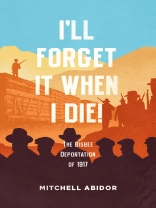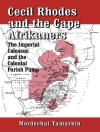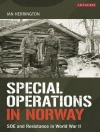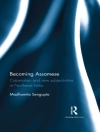<p>On July 12, 1917, in the mining town of Bisbee Arizona, twelve hundred striking miners and their supporters were rounded up by forces organized by the town sheriff and the mining companies, marched through the town, parked in the town’s baseball field, and then put in boxcars and shipped into the New Mexican desert. The deportees were largely members or supporters of the radical IWW labor union and mostly foreign-born. The roundup and deportation was part of a xenophobic and anti-radical campaign being carried out by bosses and the government throughout the country in the early days of US participation in World War I. The mine owners then took control of the town and patrols prevented any union miners from even entering it. This little-known story is a shocking and fascinating one on its own, but the sentiments exploited and exposed in Bisbee in 1917 speak to America today.</p>
Table of Content
<p>Introduction</p> <p>1. Bisbee’s Beginnings</p> <p>2. The Industrial Workers of the World</p> <p>3. The Strike</p> <p>4. The Roundup</p> <p>5. The Deportees in new Mexico</p> <p>6. Bisbee After the Deportation</p> <p>7. The Presidential Mediation Commission</p> <p>8. The Deportation on Trial</p> <p>9. The Aftermath</p> <p>Conclusion</p> <p>Index</p>
About the author
Mitchell Abidor is a translator who has published over a dozen books on French radical history and a writer on history, ideas, and culture who has appeared in the New York Times, Dissent, Foreign Affairs, the New York Review of Books, and Jacobin, among many others.












